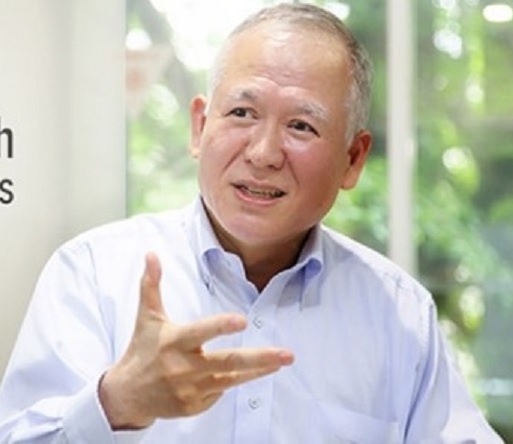
Professor Hirofumi Akagi
Hirofumi Akagi (Life Fellow, IEEE) received the Ph.D. degree in electrical engineering from the Tokyo Institute of Technology, Tokyo, Japan, in 1979.,Since 2000, he has been a Professor, currently a Distinguished Professor, with the Tokyo Institute of Technology. Prior to it, he was with the Nagaoka University of Technology, Nagaoka, Japan, and Okayama University, Okayama, Japan. He has authored and coauthored more than 140 IEEE Transactions/Journal papers. His research interests include power conversion systems and its applications.
Dr. Akagi was the recipient of six IEEE Transactions Prize Paper Awards and 16 IEEE IAS Committee Prize Paper Awards. He was the recipient of the 2001 IEEE PELS William E. Newell Award, the 2004 IEEE IAS Outstanding Achievement Award, the 2008 IEEE Richard H. Kaufmann Award, the 2012 IEEE PES Nari Hingorani Custom Power Award, the 2018 IEEE Medal in Power Engineering, and the 2020 EPE Gaston Maggetto Medal. He served as the President of the IEEE Power Electronics Society from January 2007 to December 2008, and as the IEEE Division II Director from January 2015 to December 2016.
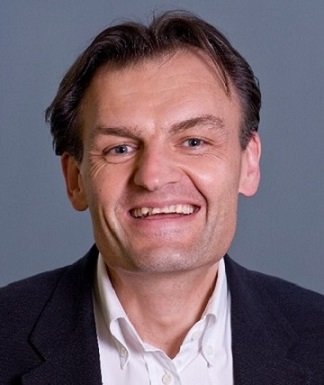
Professor Johann W. Kolar
Johann W. Kolar is a Fellow of the IEEE, an International Member of the US NAE and a Full Professor and Head of the Power Electronic Systems Laboratory at the Swiss Federal Institute of Technology (ETH) Zurich. He has proposed numerous novel converter concepts incl. the Vienna Rectifier, has spearheaded the development of x-million rpm motors, and has pioneered fully automated multi-objective power electronics design procedures. He has supervised 90 Ph.D. students to completion, has published 1000+ IEEE journal and conference papers, 4 book chapters, and is named as inventor or co-inventor in 44 international/WO patents, 28 US patents, and 100+ patents in various European countries, filed in the course of global industry research collaborations. He has served as IEEE PELS Distinguished Lecturer from 2012 – 2016. He has received numerous awards incl. 45+IEEE transactions and conference Prize Paper Awards, the 2016 IEEE William E. Newell Power Electronics Award, and 2 ETH Zurich Golden Owl Awards for excellence in teaching. His current research focuses on ultra-compact/efficient WBG converter systems, ANN-supported multi-objective design procedures, Solid-State Transformers, ultra-high speed drives, bearingless actuators, and life cycle analyses of power electronics converter systems.

Professor Robert Pilawa-Podgurski
Robert C. N. Pilawa-Podgurski (Senior Member, IEEE) was born in Hedemora, Sweden. He received the B.S. degree in physics and electrical engineering and computer science, the M.Eng. and Ph.D. degrees in electrical engineering and computer science from the Massachusetts Institute of Technology, Cambridge, MA, USA, in 2005, 2007, and 2012, respectively. He was an Associate Professor with Electrical and Computer Engineering, University of Illinois Urbana-Champaign, Champaign, IL,USA. He is currently an Associate Professor with the Electrical Engineering and Computer Sciences Department, University of California, Berkeley, Berkeley, CA, USA. His research interests include renewable energy applications, electric vehicles, CMOS power management, high-density and high-efficiency power converters, datacenter power delivery, and advanced control of power converters.
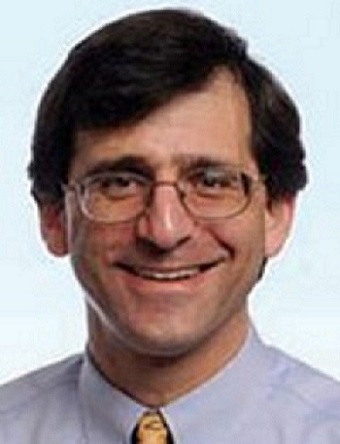
Professor Brad Lehman
Brad Lehman ([email protected]) (Fellow, IEEE) has been the IEEE PELS VP of Products since 2019. He was previously the Editor-in-Chief (EiC) of the IEEE Transactions on Power Electronics(TPEL) from 2013 to 2018. In his tenure as EiC, TPEL became the most downloaded IEEE Transaction, as well as providing among the highest net revenue compared to any other IEEE publications. As VP of Products, he helped to initiate the new IEEE Open Journal of Power Electronics, the new PELS Education Award, and the educational initiative “PELS-Tube.” He has also been an active leader in many other IEEE PELS activities, including a co-founding member of TC-6; conference leadership in ECCE and COMPEL; and chairing the IEEE P1789 standard. He is currently a Professor at Northeastern University (NU), Boston, MA, USA. His research interests include power electronics, with emphasis on the modeling, design, and control of high-density converters.
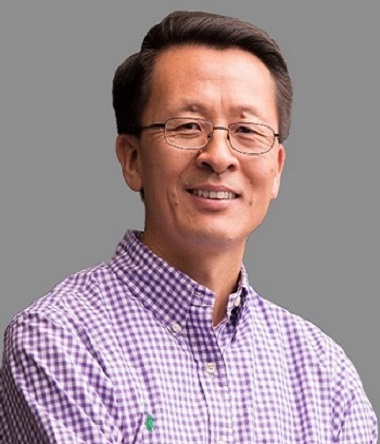
Professor Jian Sun
Jian Sun ([email protected]) received his B.S. degree in electrical engineering from the Nanjing University of Aeronautics and Astronautics, China, in 1984, his M.S. degree in electrical engineering from the Beijing University of Aeronautics and Astronautics in 1989, and his Ph.D. degree in electrical engineering from the University of Paderborn, Germany, in 1995. He is a professor in the Department of Electrical, Computer, and Systems Engineering, Rensselaer Polytechnic Institute (RPI), Troy, New York. He is also the director of the New York State Center for Future Energy Systems, RPI.

Professor Ralph Kennel
Ralph Kennel (Senior Member, IEEE) was born in Kaiserslautern, Germany, in 1955. He received the Diploma and Dr.-Ing. (Ph.D.) degrees in electrical engineering from the Technical University of Kaiserslautern, Kaiserslautern, in 1979 and 1984, respectively.,From 1983 to 1999, he was on several positions with Robert BOSCH GmbH, Gerlingen, Germany. Until 1997, he was responsible for the development of servo drives. From 1994 to 1999, he was a Visiting Professor with the University of Newcastle upon-Tyne, Tyne, U.K. From 1999 to 2008, he was a Professor of electrical machines and drives with Wuppertal University, Wuppertal, Germany. Since 2008, he has been a Professor of electrical drive systems and power electronics with Technische Universtaet Muenchen, Munich, Germany. His research interests include sensorless control of ac drives, predictive control of power electronics, and hardware-in-the-loop systems. Dr. Kennel is a Fellow of IEE and a Chartered Engineer in the U.K. Within IEEE, he is a Treasurer of the Germany Section as well as ECCE Global Partnership Chair of the Power Electronics Society.
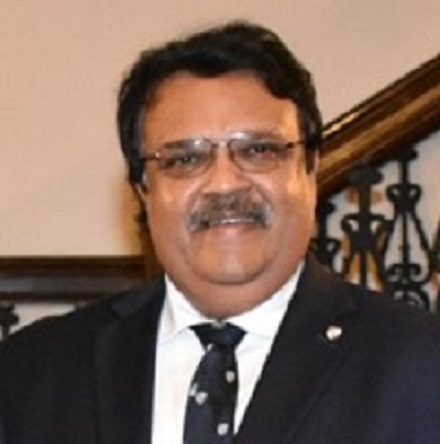
Professor Sanjib K. Panda
Sanjib Kumar Panda (Fellow, IEEE) received the B.Eng. degree from the South Gujarat University, Surat, India, in 1983, the M.Tech. degree from the Indian Institute of Technology, Banaras Hindu University, Varanasi, India, in 1987, and the Ph.D. degree from the University of Cambridge, Cambridge, U.K., in 1991, all in electrical engineering. Since 1992, he has been holding a faculty position with the Department of Electrical and Computer Engineering, National University of Singapore, Singapore, where he is currently an Associate Professor and the Director of the Power and Energy Research Area. He has authored or coauthored more than 450 peer-reviewed research papers, coauthored one book, and contributed to several book chapters. He holds ten patents, and is the cofounder of three start-up companies. His research interests include high-performance control of motor drives and power electronic converters, condition monitoring and predictive maintenance, and building energy efficiency enhancement.
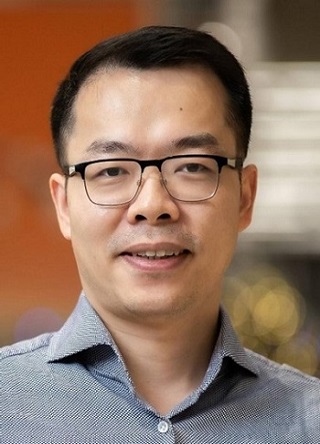
Professor Huai Wang
Huai Wang (Senior Member, IEEE) received the B.E. degree in electrical engineering from the Huazhong University of Science and Technology, Wuhan, China, in 2007, and the Ph.D. degree in power electronics from the City University of Hong Kong, Hong Kong, in 2012. He was with the ABB Corporate Research Center, Switzerland, in 2009. He was a Visiting Scientist with the ETH Zurich, Zurich, Switzerland, from August to September 2014, and with the Massachusetts Institute of Technology (MIT), Cambridge, MA, USA, from September to November 2013. He is currently a Professor with AAU Energy, Aalborg University, Aalborg, Denmark, where he leads the group of Reliability of Power Electronic Converters (ReliaPEC) and the mission on Digital Transformation and AI. His research interests include fundamental challenges in modeling and validating power electronic component failure mechanisms and application issues in system-level predictability, condition monitoring, circuit architecture, and robustness design.

